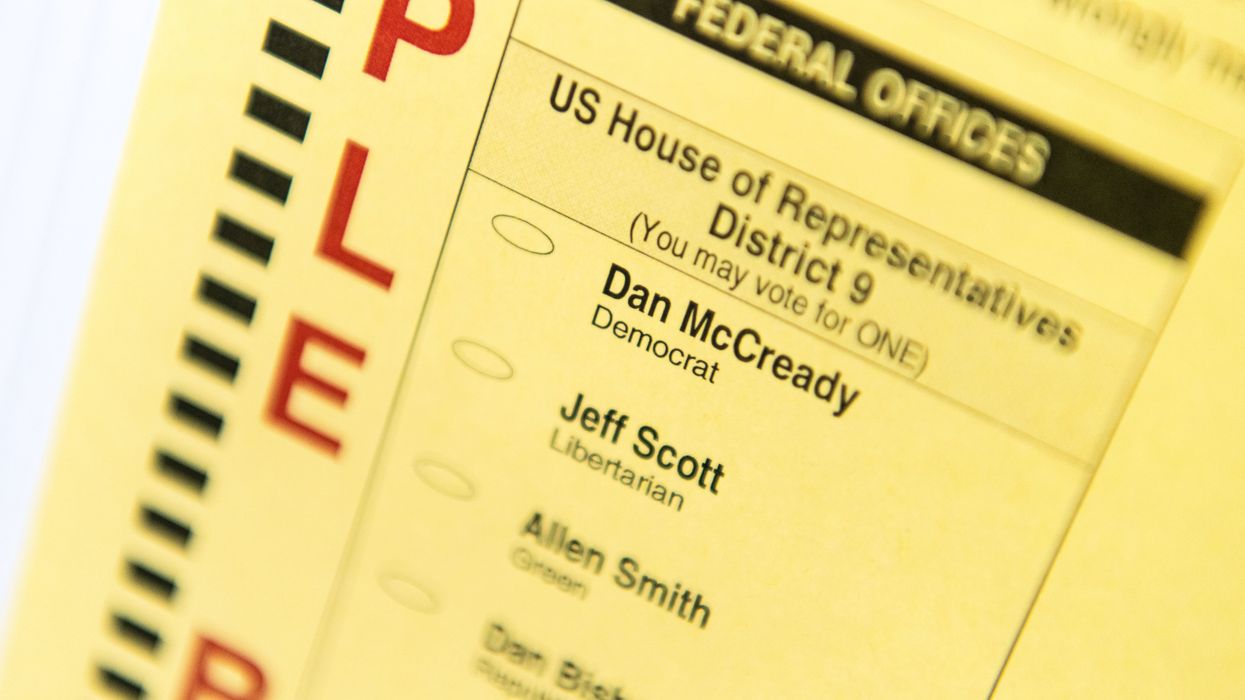While electronic voting equipment offers the most accessibility to the disabled, paper ballots are the preferred method in this moment of heightened worries about election security. Reconciling the disconnect before the 2020 election is becoming a top priority of disability advocates.
"Between security and accessibility, one is not more important than the other," Michelle Bishop, a voting rights expert at the National Disability Rights Network, told Stateline. "We have to be able to do both if we really want to make democracy work."
Two blind voters and the National Federation of the Blind of Maryland filed a federal lawsuit against the Maryland Board of Elections last month to force the state to make electronic machines the default voting method in the state because that's the only way to prevent the effective political segregation of many disabled people.




















Trump & Hegseth gave Mark Kelly a huge 2028 gift